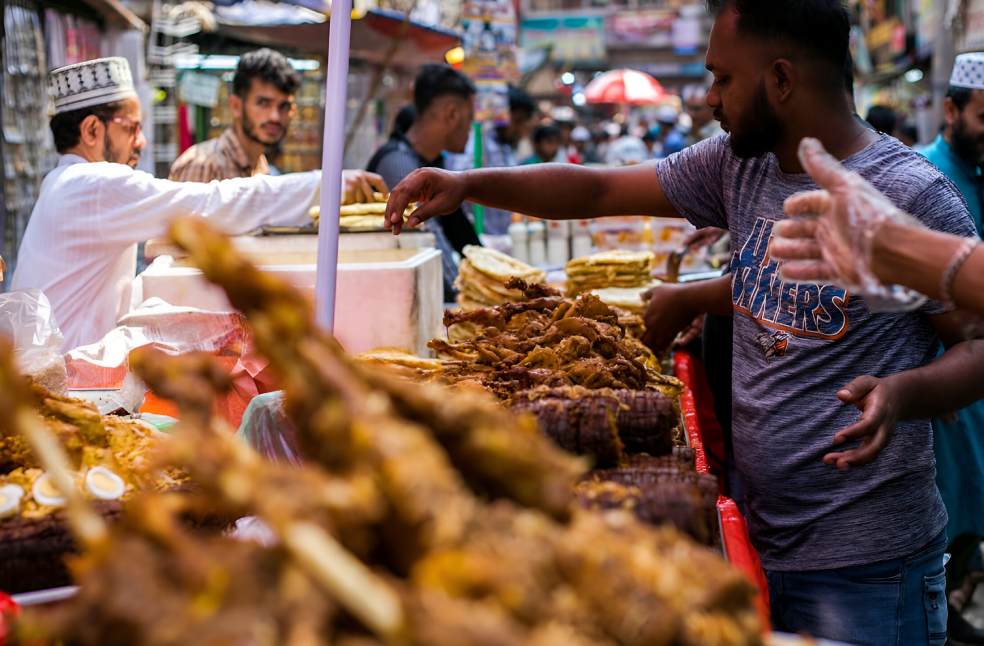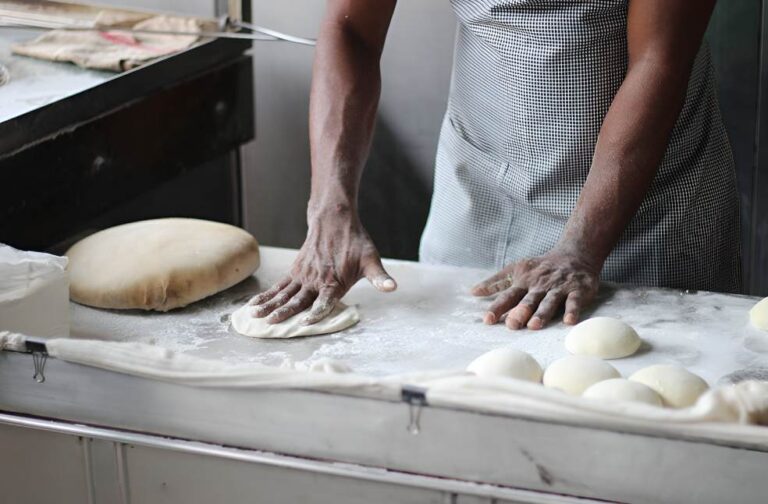India: The Bharatiya Janata Party (BJP) governments in Uttarakhand and Uttar Pradesh have announced severe penalties for food contamination practices, including hardy fines and potential imprisonment. Offenders in Uttarakhand could encounter fines of up to $1,190 (₹100,000; £920), while Uttar Pradesh is set to execute similar stringent food safety laws.
The initiatives pursue the circulation of controversies on social media showing vendors encountering unhygienic practices, such as spitting on food. One particularly alarming video featured a domestic worker allegedly mixing urine into food preparations. The incidents flared public outrage, raising worries over food safety in these states. However, some social media narratives tried to link the alleged actions to specific communities, particularly targeting Muslims, a claim later discredited by fact-checking organisations. Investigations revealed that the woman in the urine video was Hindu.
Officials assert that these tough laws aim to deter unhygienic practices surrounding food. However, opposition leaders and legal experts have raised considerations about the potential misuse of these laws to target specific communities. Uttar Pradesh’s proposed ordinances, calling them a “communal dog whistle” that recreates the majority’s notions of purity while potentially harming insecure minorities.
Food safety in India is a critical concern, with the Food Safety and Standards Authority (FSSAI) counting that unsafe food leads to approximately 600 million infections and 400,000 deaths annually. Contributing factors include insufficient enforcement of existing food safety laws and a lack of public awareness. Unsanitary kitchen environments, contaminated water, and improper food handling further worsen the issue.
In response to the videos of vendors spitting, the Uttarakhand government demanded hefty fines for offenders and instituted new regulations requiring police verification of hotel staff and the facility of CCTVs in kitchens. In Uttar Pradesh, Chief Minister Yogi Adityanath proposed mandatory employee verification at food establishments, as well as requirements for owners to display their names and for cooks and waiters to wear masks and gloves.
The proposed ordinances also possess severe penalties, with spitting in food potentially leading to up to 10 years of imprisonment. Recent arrests have emphasised the new focus on food safety; in Barakanki, police arrested restaurant owner Mohammad Irshad for allegedly spitting on a roti, while in Mussoorie, two men were detained for spitting in a saucepan while preparing tea.

The emergence of terms like “thook-jihad” has further fueled tensions, with some Hindu nationalist accounts framing these incidents as deliberate attempts to defile food planned for Hindus. Such rhetoric is reminiscent of previous smear campaigns during the Covid-19 pandemic, where similar fake videos targeting Muslims went viral, exacerbating religious polarisation.
Opposition figures criticise the government’s actions as a distraction from pressing issues such as unemployment and inflation. They argue that existing laws under the Food Safety and Standards Act, 2006, are sufficient to manage food safety offenses and question the necessity of new ordinances. Legal expert V. Venkatesan emphasises the importance of properly arguing any proposed laws, suggesting that effective implementation of current regulations is a more viable solution than imposing offensive penalties.



